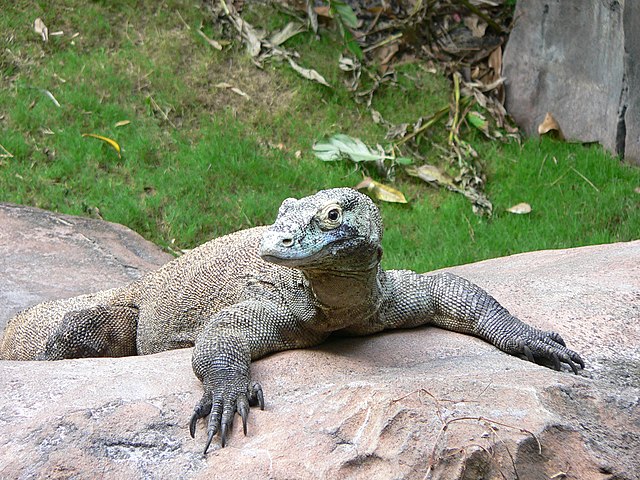Thelytoky is a type of parthenogenesis and is the absence of mating and subsequent production of all female diploid offspring as for example in aphids. Thelytokous parthenogenesis is rare among animals and reported in about 1,500 species, about 1 in 1000 of described animal species, according to a 1984 study. It is more common in invertebrates, like arthropods, but it can occur in vertebrates, including salamanders, fish, and reptiles such as some whiptail lizards.
Aphid giving birth by parthenogenesis, the live young growing from unfertilized eggs
Parthenogenesis
is a natural form of asexual reproduction in which growth and development of an embryo occur directly from an egg, without need for fertilization.
In animals, parthenogenesis means development of an embryo from an unfertilized egg cell. In plants, parthenogenesis is a component process of apomixis. In algae, parthenogenesis can mean the development of an embryo from either an individual sperm or an individual egg.
The asexual, all-female whiptail species Aspidoscelis neomexicanus (center), which reproduces via parthenogenesis, is shown flanked by two sexual species having males, A. inornatus (left) and A. tigris (right), which naturally hybridized to form A. neomexicanus.
A young Komodo dragon, Varanus komodoensis, produced through parthenogenesis. Komodo dragons are an example of a species which can produce offspring both through sexual reproduction and parthenogenesis.
Honey bee on a plum blossom
Komodo dragon, Varanus komodoensis, rarely reproduces offspring via parthenogenesis.





